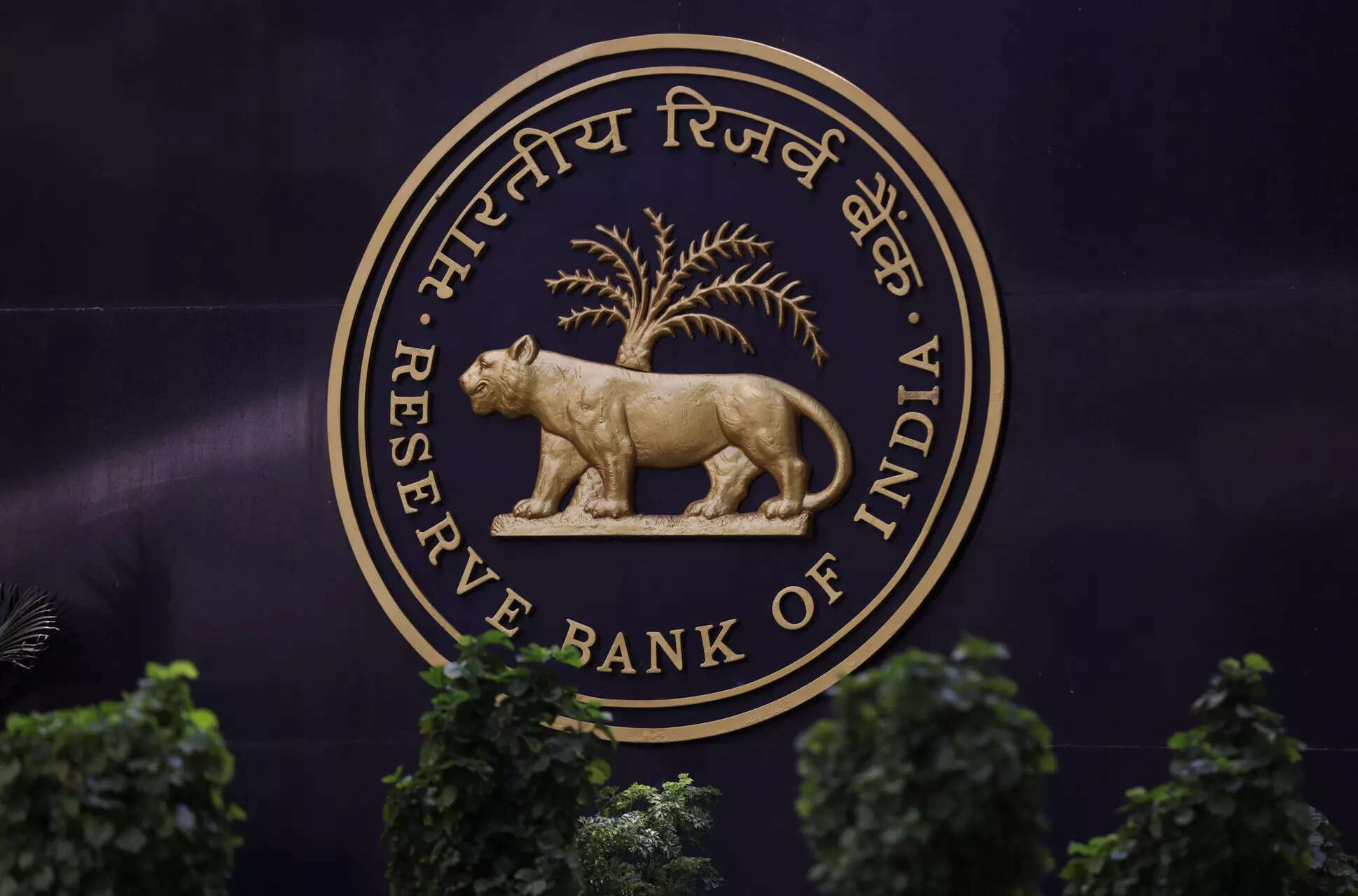
In its monetary policy meeting, the Reserve Bank of India (RBI) announced the inclusion of recurring payments for Fastag, National Common Mobility Card (NCMC), etc. with auto-replenishment facility under the e-mandate framework.
The framework for processing e-mandate for recurring transactions allows for specified periodicity recurring payments, such as weekly, monthly, or daily.
What is proposed?
The RBI said in its Statement on Developmental and Regulatory Policies during the monetary policy meeting on June 7, 2024 said, “The adoption of e-mandates for recurring payment transactions has been increasing. It is now proposed to include payments, such as replenishment of balances in Fastag, NCMC, etc. which are recurring in nature but without any fixed periodicity, into the e-mandate framework. These categories of payments are made as and when needed and, therefore, their replenishment is not time specific or amount specific. Under the e-mandate framework, it is proposed to introduce an automatic replenishment facility for such payments. The automatic replenishment will be triggered when the balance in Fastag or NCMC falls below a threshold amount set by the customer.”
This will enhance convenience in making travel / mobility related payments.
What is the current e-mandate framework?
The current e-mandate framework demands a pre-debit notification at least 24 hours prior to the actual debit from the customer’s account. It is suggested to waive this requirement for payments made from a customer’s account for automated replenishment of balances in Fastag, NCMC, and other systems under the e-mandate framework.
Last year in December, the RBI announced to raise the limit under e-mandates for making payments of recurring nature to INR 1 Lakh from INR 15,000 per transaction.
What is AutoPay/ Recurring Mandates?
BHIM PNB AutoPay/ Recurring Mandates functionality enables you to set mandates for recurring payments such as bill payments/Insurance Payments/ SIPs/OTT subscriptions.
You can create the mandate by completing one time authentication mechanism and at the set dates/frequency, the mandate will be automatically executed.
What is e-mandate?
A debit cardholder can give e-mandate on their debit card for regular or recurring payment transactions. Recurring transactions will be done on the due date per the directive given to the bank, after confirmation via additional factor authentication.
How to set e- mandate for recurring deposit in SBI?
SiHub E-Mandate solution enables a Debit Cardholder to provide e-Mandate on his/her Debit Card for regular/recurring payment transactions. As per the mandate provided to the Bank, post validation through Additional Factor Authentication, recurring transactions will be carried out on the due date. Pre-Debit Notification, 24 hours prior to actual debit, will be sent to the customer. This will enable a cardholder, if needed, to cancel the transaction before actual debit.
The customer must provide their debit card information as well as any other information requested on the website.
Following submission, an OTP will be sent to the registered mobile number, which must be entered into the site for validation reasons.
Customer will get alert SMS on RMN on the mandate transaction, at least 24 hours before the actual debit date.

